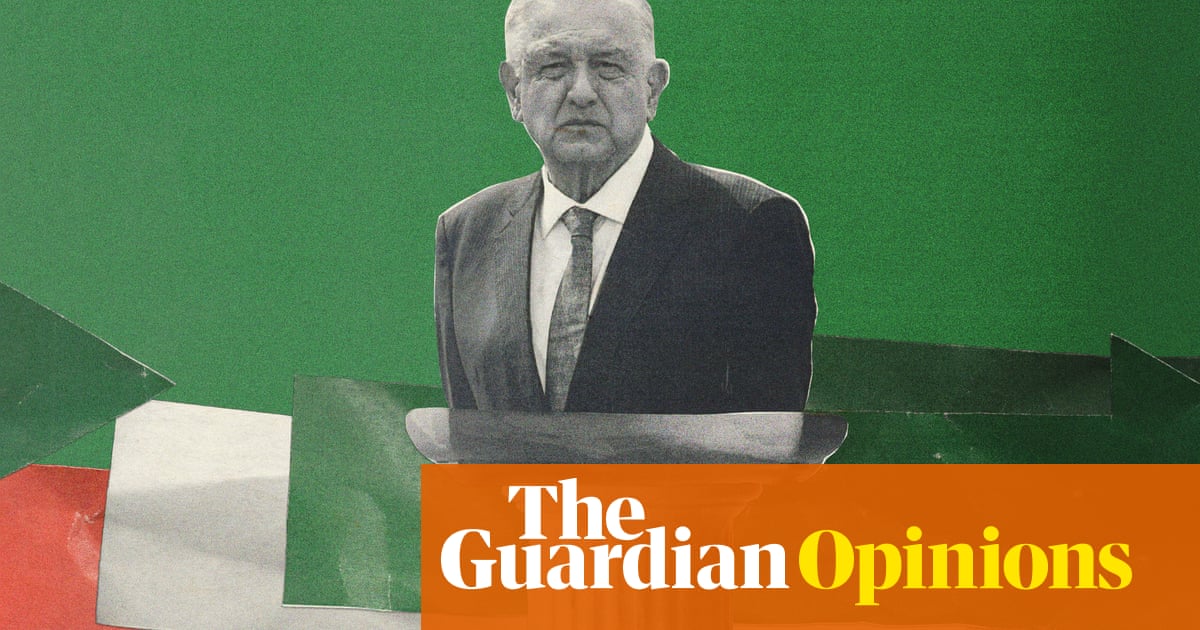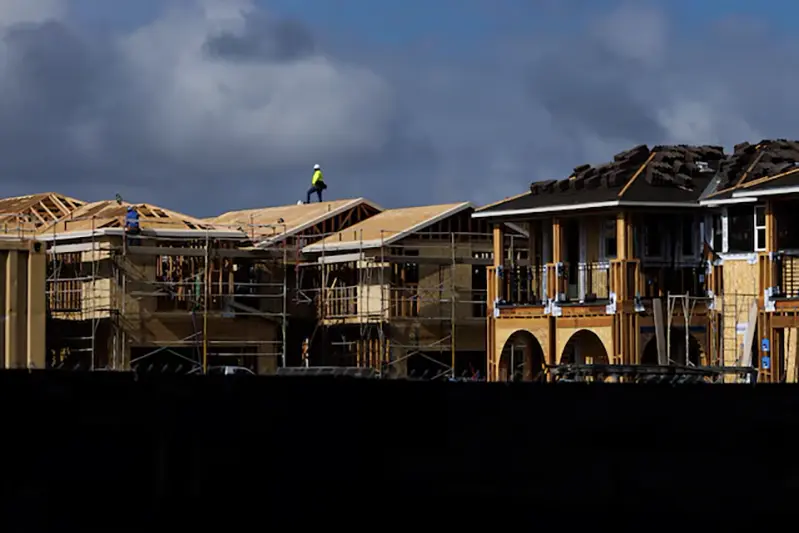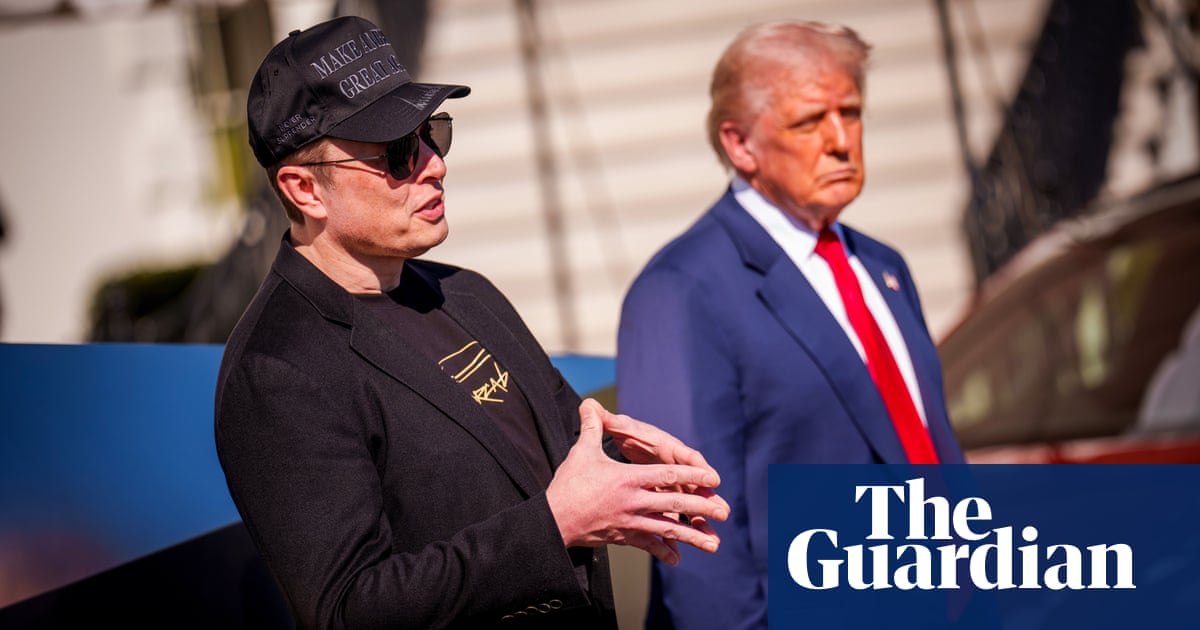The twists and turns in Donald Trump’s tariff war with the rest of the world has sent financial markets spinning. Stock markets have rebounded in the US and across Europe and Asia after the White House paused some of the most punitive import charges on Wednesday, except those on China. We look at what happened, and the likely effects.
What may have prompted the U-turn?
The US Treasury secretary, Scott Bessent, said the pullback had been the plan all along, to bring countries to the bargaining table. Trump, though, later indicated the near panic in markets that had unfolded since his “liberation day” had factored into his thinking.
Despite insisting for days that his policies would never change, he said: “You have to be flexible.”
The rising cost of US debt appears most likely to have been the main trigger for Trump’s surprise U-turn. US bonds – a form of loan used by governments to fund their spending – are traded on international debt markets.
US debt has risen sharply in recent years, initially to fund tax cuts in Trump’s first administration and then to fund investment during Joe Biden’s time in office. A bond sell-off during the past week has sent the yield – or interest rate – spiralling higher. The US has a debt mountain worth 120% of national income, or gross domestic product (GDP), one of the highest debt-to-GDP ratios in the industrialised world.
Some White House officials are know to have panicked about the rising cost of financing US debt, and Republican senators and state governors had also voiced concerns. It appears Trump was unable to maintain his punitive tariffs and compromised by implementing a 90-day pause on most countries and raising those targeted at China.
Has the market response been too optimistic?
Most investors breathed a sigh of relief and analysts said sense had prevailed when Trump announced he would be pausing the bulk of his most punitive tariffs.
However, tariffs on US imports will remain at the highest level since the 1930s. And reductions were supposed to only happen after a negotiated settlement with each country. The arbitrary reduction in all tariffs to the minimum 10%, excluding cars, aluminium and steel, means they could rise again.
Then there is the battle with China, which shows every prospect of worsening. No one is sure how the dispute will be resolved. It matters when the world’s largest consumer (the US) is putting 125% tariffs on the world’s largest manufacturer – which has brought in its own 84% tariff on US goods. There will be implications for the global economy and spill-over effects to all economies that are little understood at the moment.
Why are there suggestions of market manipulation?
Accusations of insider trading, market manipulation and corruption more broadly are being levelled at the White House as Trump switches tactics.
The timing of the US president’s social media posts and the subsequent huge share jumps has sparked accusations of market manipulation.
Trump said it was a “great time to buy” just hours before he made a dramatic U-turn on his trade war that led to big rises in stock markets around the world.
The Democratic senator Adam Schiff has called for an investigation, saying: “These constant gyrations in policy provide dangerous opportunities for insider trading.”
Schiff said he wanted to know who in the administration knew about the latest tariff “flip-flop”.
Thousands of investors are dedicated to tracking short-term movements in prices and it is theoretically possible that many close to key members of the Trump administration have made a profit from advanced knowledge of the president’s plans. However, no hard evidence has yet emerged that this is the case.
Where does this leave the UK?
The UK faces the same 10% tariff on goods exports to the US that it did last week. There is a benefit from the reduction in the EU tariff from 20% to 10% because it means the UK’s main trading partner may avoid a recession.
However, any hoped-for gain from the bond market has yet to happen. The UK has more than £2tn of debt, which equates to about 96% of national income. Interest rates on UK bonds, or gilts, have been rising steadily since Trump’s tariff war began.
Without a fall, the chancellor, Rachel Reeves, will need to set aside more funds to pay the higher cost of borrowing, wiping out her much-examined financial cushion when she redraws the budget in the autumn.

 German (DE)
German (DE)  English (US)
English (US)  Spanish (ES)
Spanish (ES)  French (FR)
French (FR)  Hindi (IN)
Hindi (IN)  Italian (IT)
Italian (IT)  Russian (RU)
Russian (RU)  1 week ago
1 week ago
























Comments